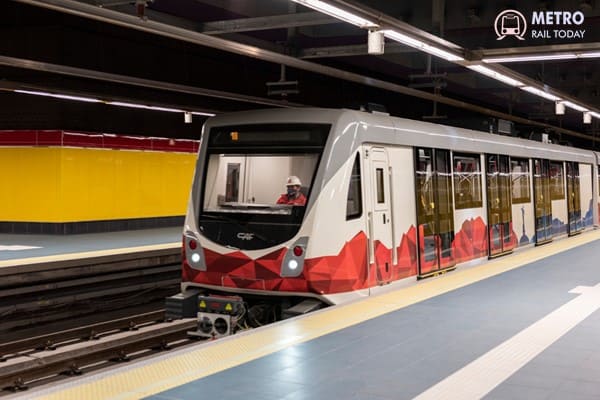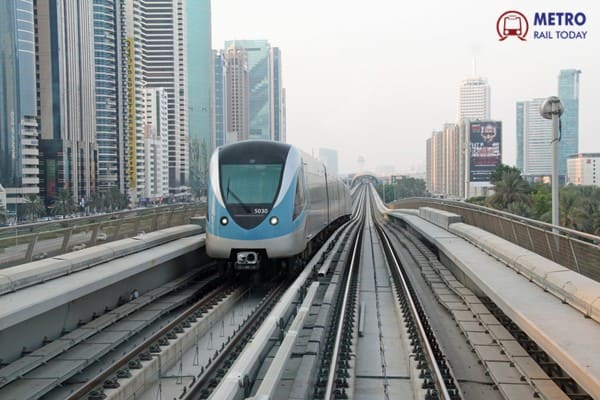 Why Digital is the Next Track in India’s Railway Transformation?
Why Digital is the Next Track in India’s Railway Transformation?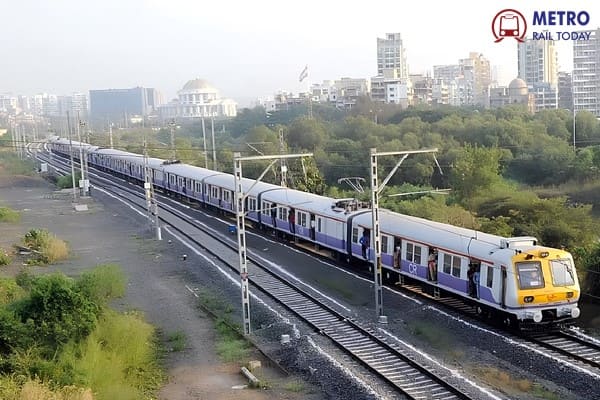 MIC Electronics secures First Indian Railways Order for indigenous RMPU Microprocessor Controller
MIC Electronics secures First Indian Railways Order for indigenous RMPU Microprocessor Controller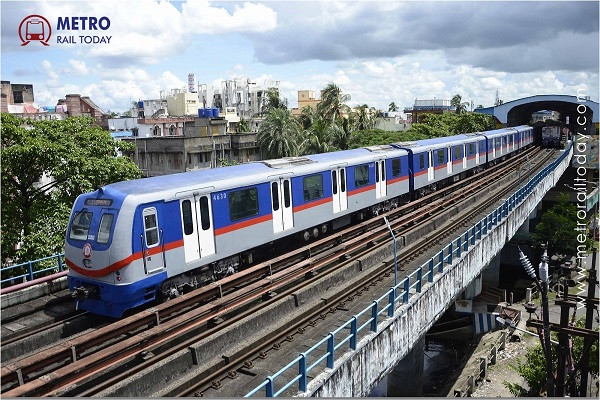 Know latest progress of Kolkata Metro Expansion, 20 km length stuck over land issues
Know latest progress of Kolkata Metro Expansion, 20 km length stuck over land issues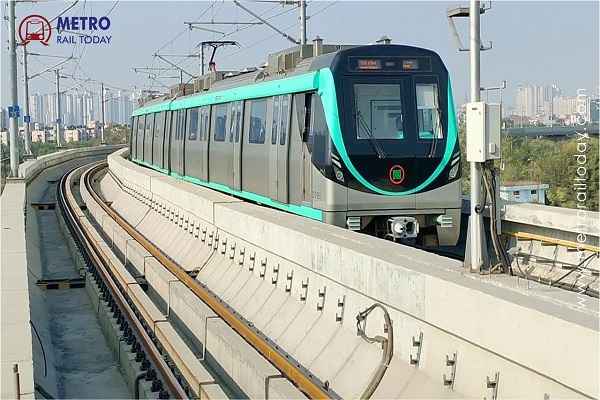 Ayesa India wins Design Consultancy Contract for Noida Metro Aqua Line Extension
Ayesa India wins Design Consultancy Contract for Noida Metro Aqua Line Extension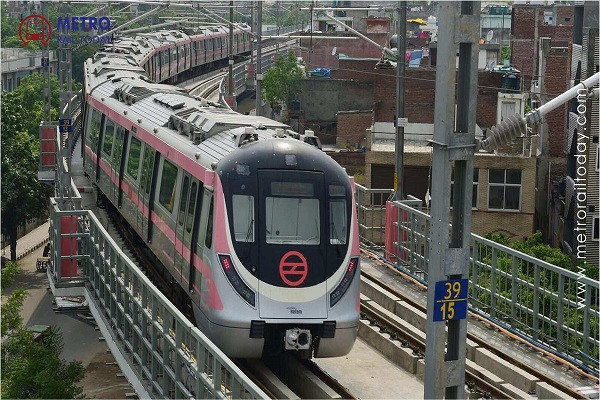 Vossloh Cogifer bags Track Infrastructure Contract for Delhi Metro Phase 4 Corridors
Vossloh Cogifer bags Track Infrastructure Contract for Delhi Metro Phase 4 Corridors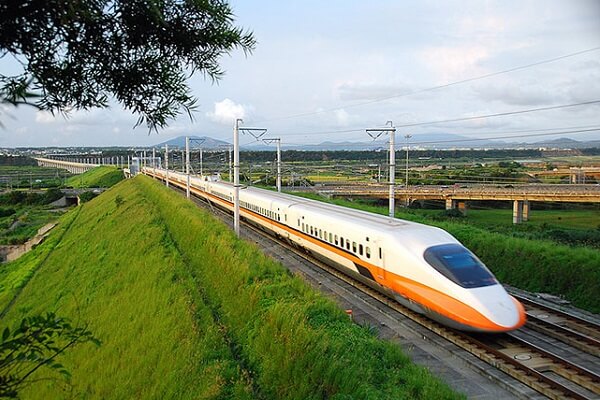 Railway finalised revised alignment for ₹16,000-crore Pune–Nashik Semi High-Speed Rail Corridor
Railway finalised revised alignment for ₹16,000-crore Pune–Nashik Semi High-Speed Rail Corridor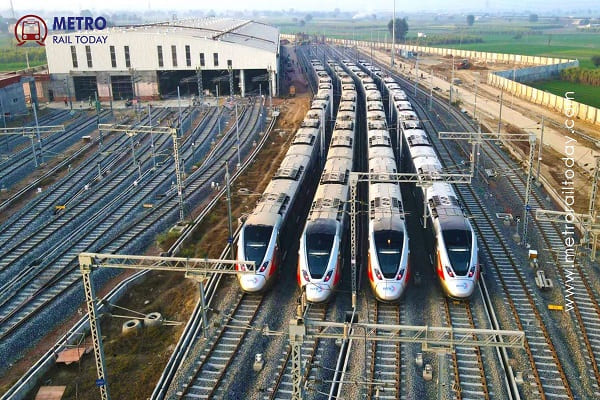 India’s First High-Speed, Signalling-Integrated CMV launched for Namo Bharat RRTS Corridor
India’s First High-Speed, Signalling-Integrated CMV launched for Namo Bharat RRTS Corridor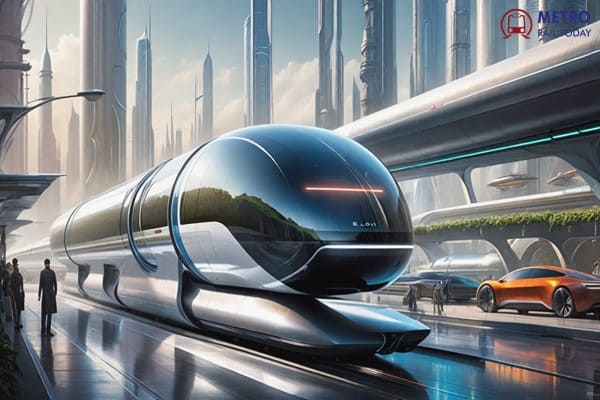 TuTr Hyperloop secures First-Ever Order from Deendayal Port Authority
TuTr Hyperloop secures First-Ever Order from Deendayal Port Authority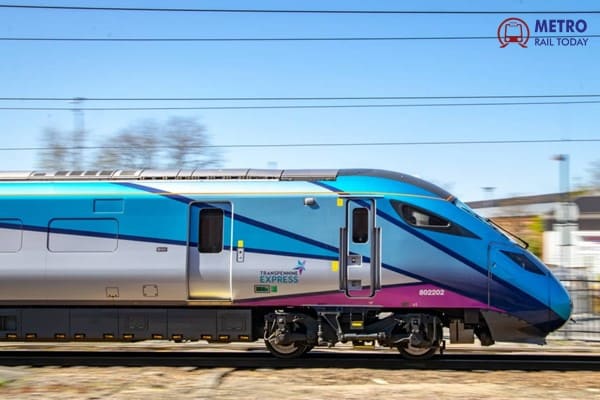 BEML bags ₹157 Crore Order from Loram Rail for Switch Rail Grinding Machines
BEML bags ₹157 Crore Order from Loram Rail for Switch Rail Grinding Machines MxV Rail and KRRI forge Global Research Alliance to accelerate Next-Generation Rail Technologies
MxV Rail and KRRI forge Global Research Alliance to accelerate Next-Generation Rail Technologies
Ho Chi Minh City to invest USD19.67 billion to develop 232 km of Urban Railways by 2030
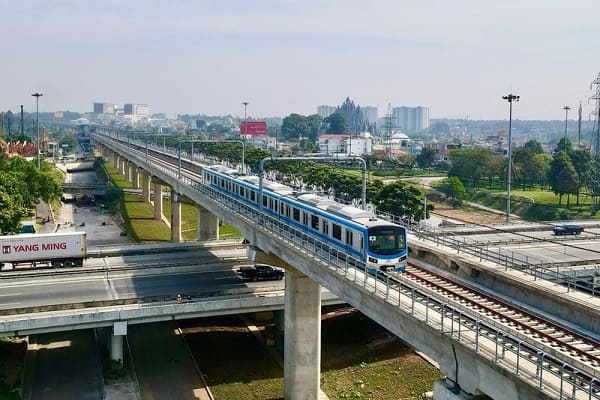
Ho Chi Minh City, Vietnam (Metro Rail Today): Ho Chi Minh City has unveiled an ambitious urban mobility roadmap, targeting the completion of 232 km of urban railway network by 2030 with an estimated investment of USD 19.67 billion, according to Mr. Tran Quang Lam, Director of the City Construction Department.
The update came during a high-level review meeting between the city administration, the Steering Committee for Urban Railway Development, and the HCMC Urban Railway Management Board. Officials emphasised that rapid urban growth, rising travel demand and the need for sustainable mobility solutions are driving the city’s accelerated rail expansion strategy.
A Massive Railway Vision: 1,024 km of Urban Lines Planned
Under the master plan approved by the Prime Minister, Ho Chi Minh City’s national railway network includes seven major routes, stretching 547 km across the region. Complementing this, the urban railway blueprint outlines 27 metro and suburban rail corridors totalling 1,024 km, making it one of the most ambitious rail development programmes in Southeast Asia.
Six Priority Projects for 2025–2030
Between 2025 and 2030, Ho Chi Minh City will focus on six high-impact corridors aimed at easing congestion, improving regional integration and supporting future urban clusters. These include:
-
Metro Line 2 (Ben Thanh–Tham Luong and Ben Thanh–Thu Thiem segments)
-
Thu Thiem – Long Thanh Railway
-
Binh Duong New City – Suoi Tien Urban Railway
-
Thu Dau Mot City – HCMC Urban Railway
-
Metro Line 6 (Phase 1) connecting Tan Son Nhat International Airport to Phu Huu
-
Ben Thanh – Can Gio Railway
These corridors are expected to reshape commuter journeys, integrate key residential and industrial hubs, and enhance economic linkages across Greater HCMC.
Ben Thanh – Can Gio Metro Line Groundbreaking on December 19
A major milestone in the city’s mobility transformation will arrive on December 19, when officials break ground on the much-anticipated Ben Thanh – Can Gio Metro Line.
The project, valued at VND 86.65 trillion (USD 3.3 billion), will serve as a crucial north–south connector, offering seamless access between the city centre and the rapidly developing Can Gio district.
Designed to reduce travel time dramatically, the metro line is also expected to stimulate tourism, unlock new real estate opportunities and support Can Gio’s rising economic profile.
Urban Mobility Experts Welcome the Vision
Urban rail analysts have noted that Ho Chi Minh City’s step-by-step strategy aligns with international best practices, emphasising corridor-based investment and phased development to maximise ridership and financial sustainability.
Mrs. Mamta Shah, MD & CEO of Urban Infra Group, praised Ho Chi Minh City’s long-term rail expansion plan, stating:
“Ho Chi Minh City is demonstrating the kind of forward-thinking mobility planning that rapidly growing Asian cities must adopt. Prioritising metro connectivity to airports, emerging business districts and new urban centres will not only ease congestion but unlock massive economic potential. The Ben Thanh–Can Gio corridor, in particular, is a transformative project that will redefine regional development.”
She added that India and other developing nations can draw valuable lessons from HCMC’s integrated railway vision and its strong political commitment to transit-led development.






